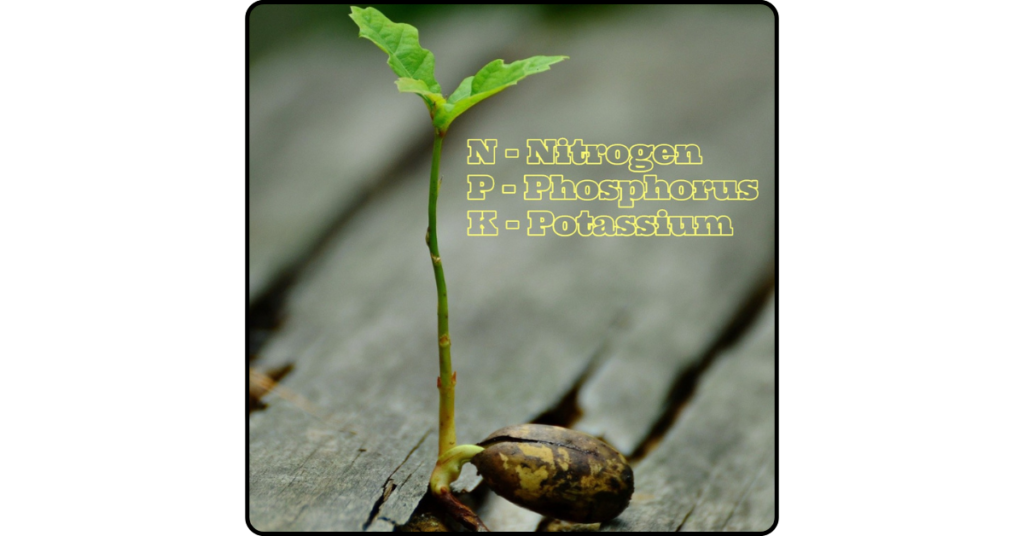Protecting Your Water and Lawn: Choosing the Right Fertilizer for Well Owners
Introduction For homeowners who rely on private wells, protecting water quality is just as important as maintaining a green, healthy lawn. This raises an important question: what lawn fertilizer is safe for well water? Fertilizers can leach into groundwater if misused, contaminating drinking water with harmful chemicals like nitrates and phosphates. Choosing the right fertilizer […]
Protecting Your Water and Lawn: Choosing the Right Fertilizer for Well Owners Read More »


